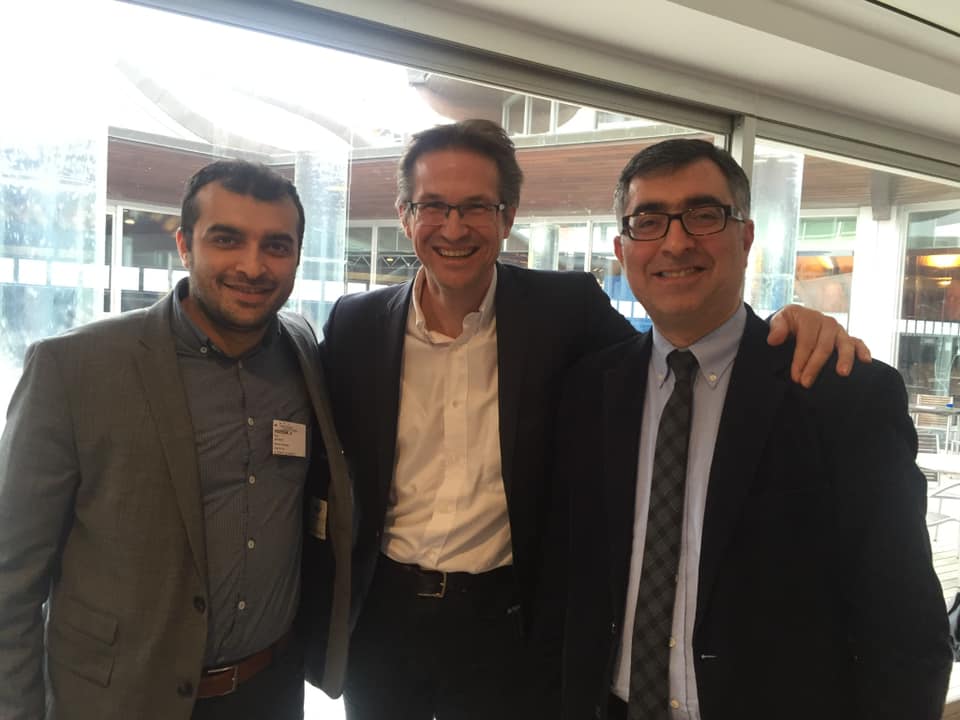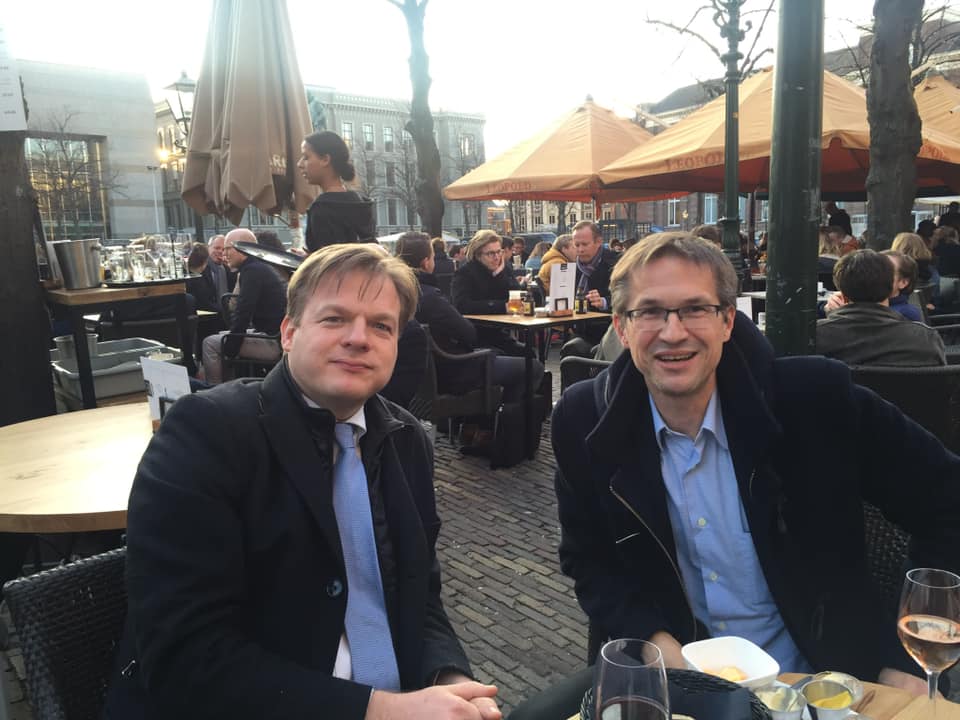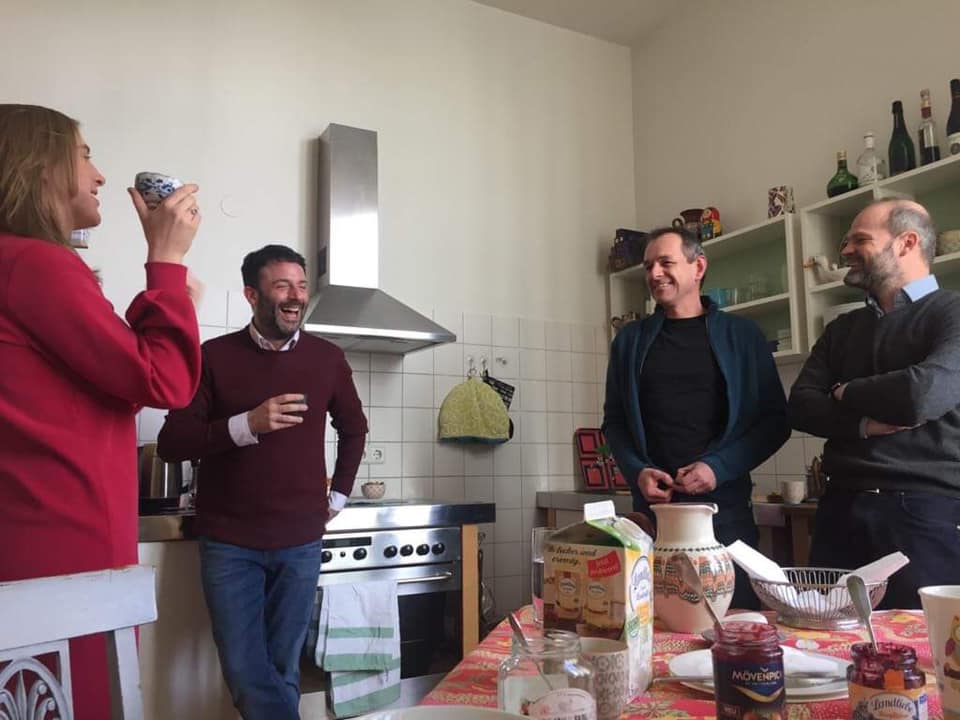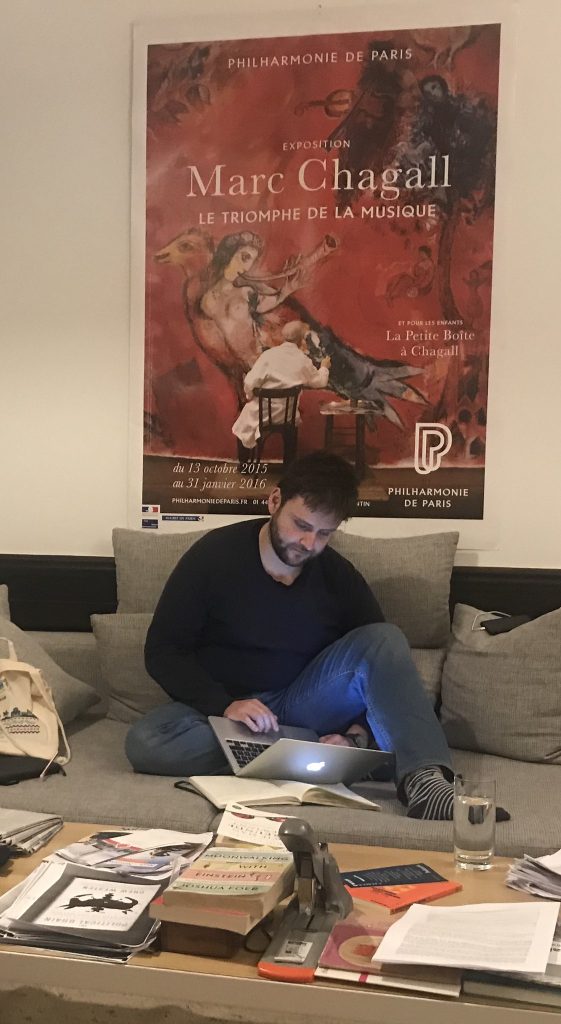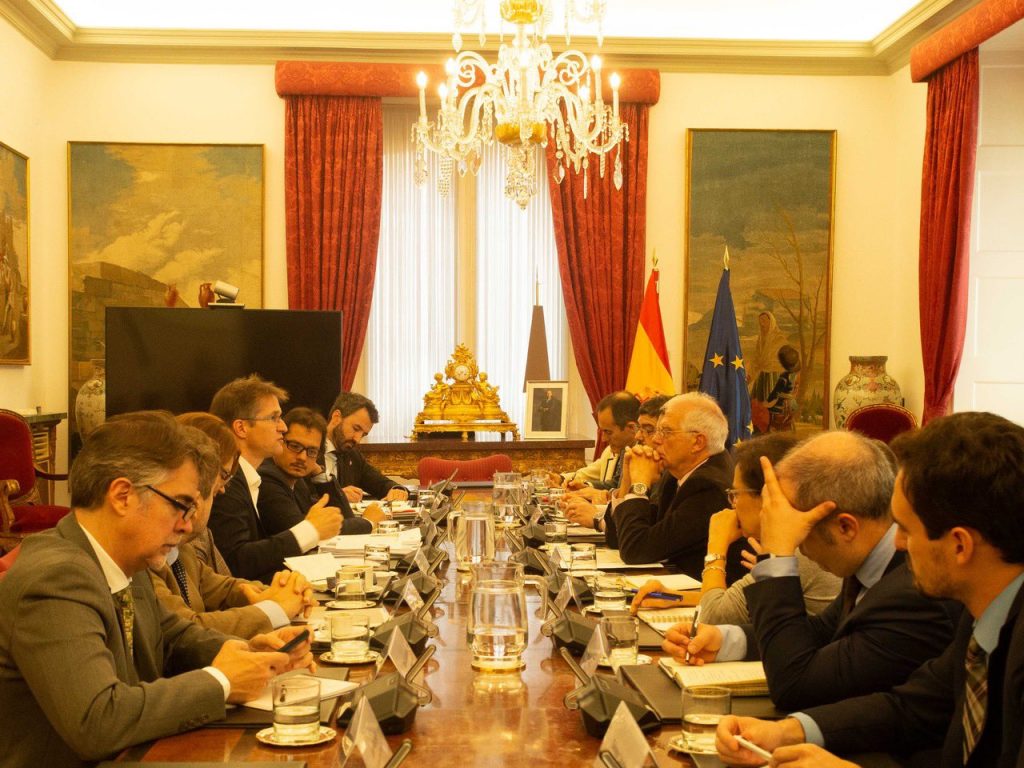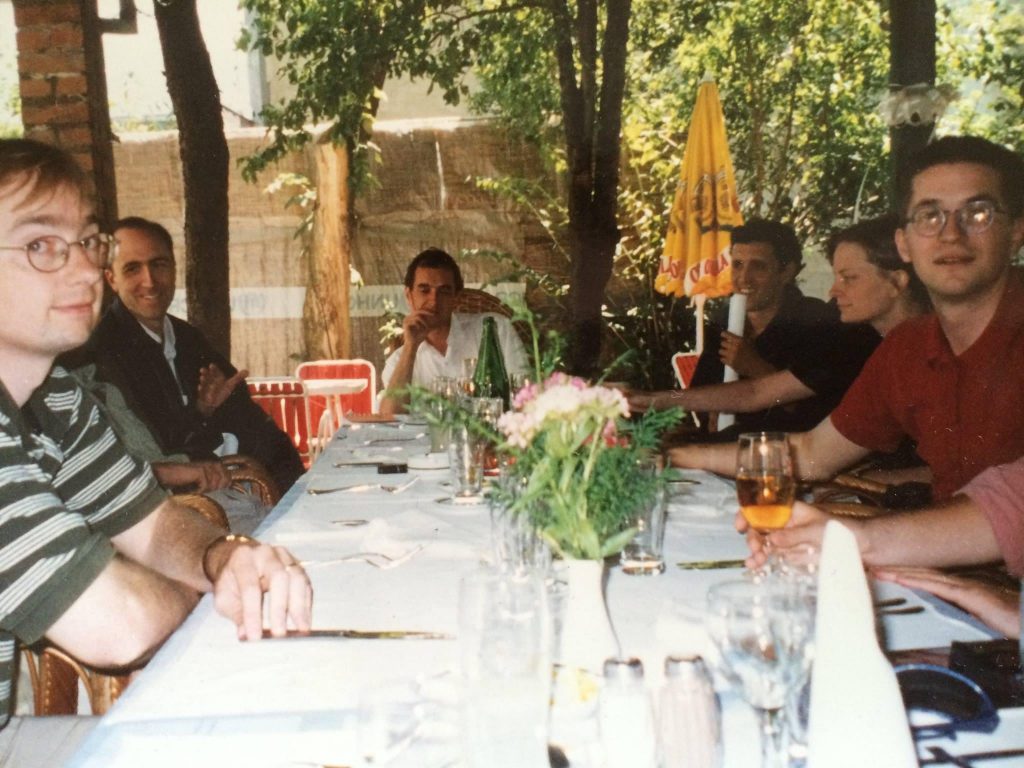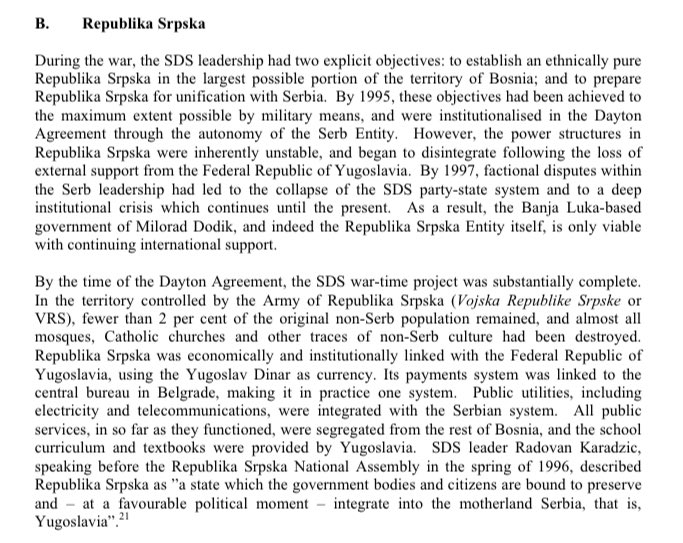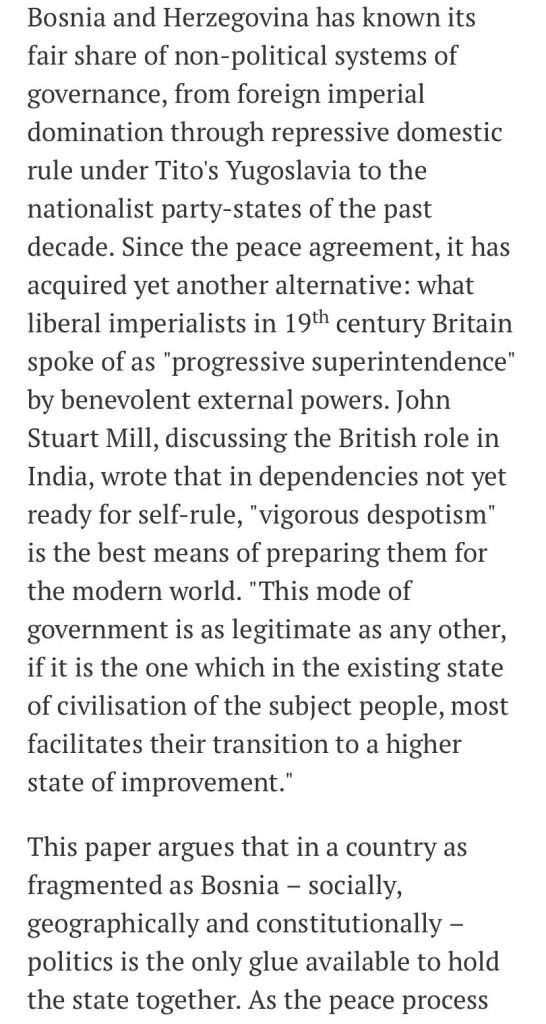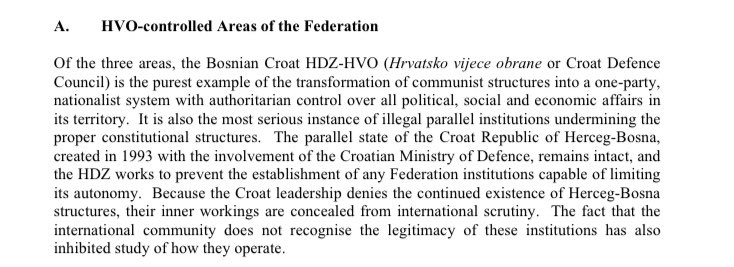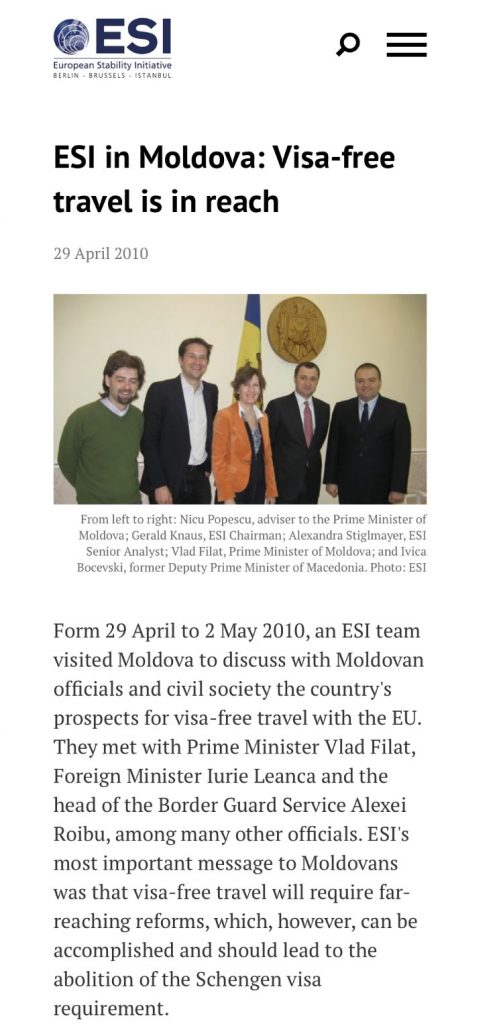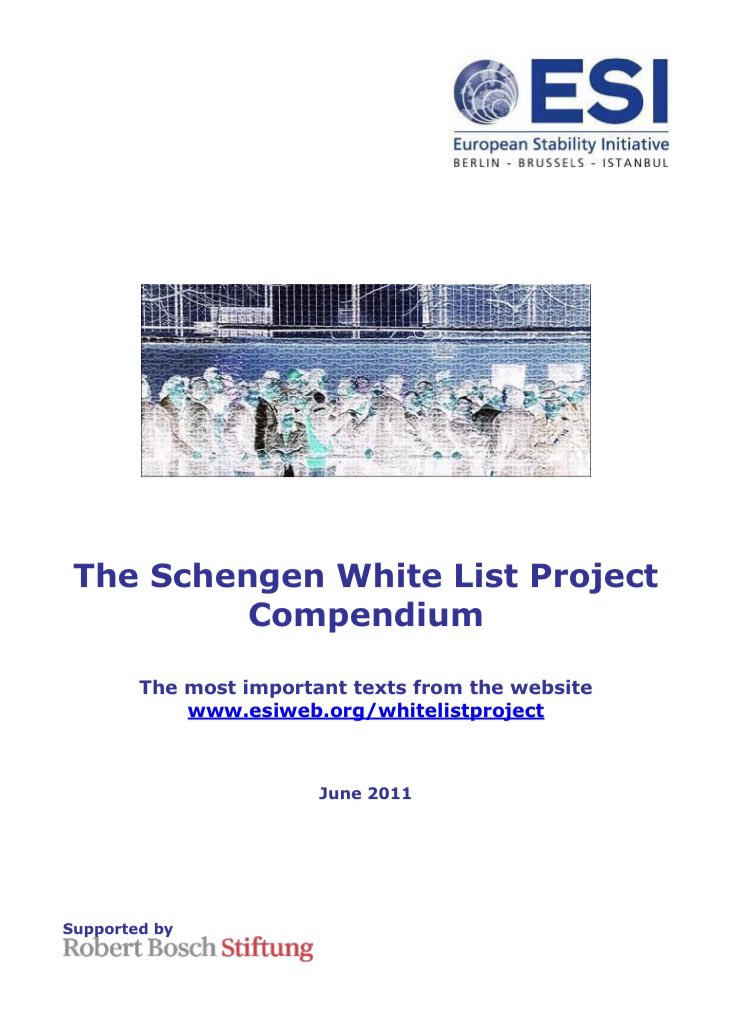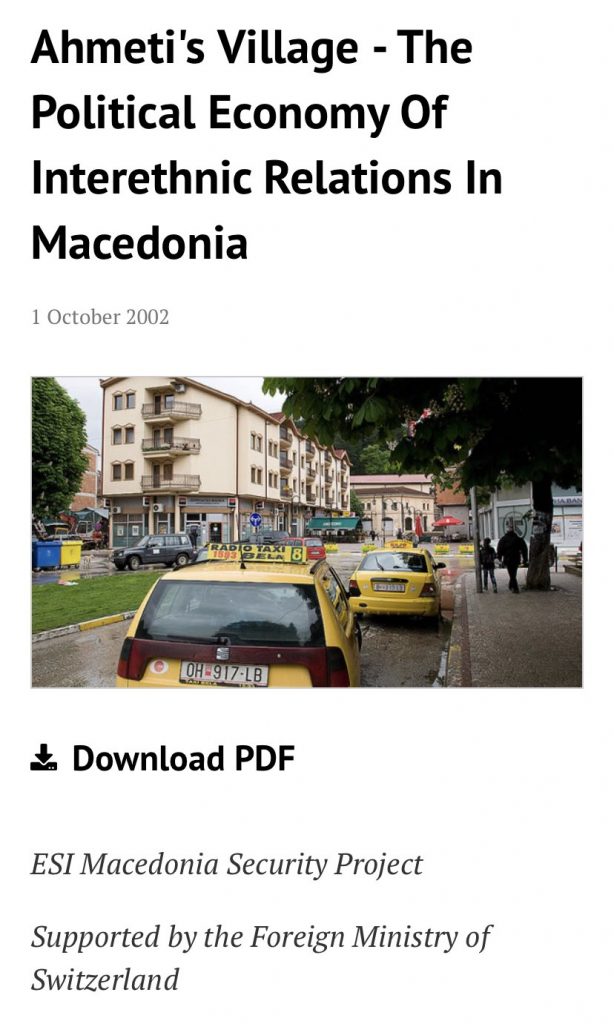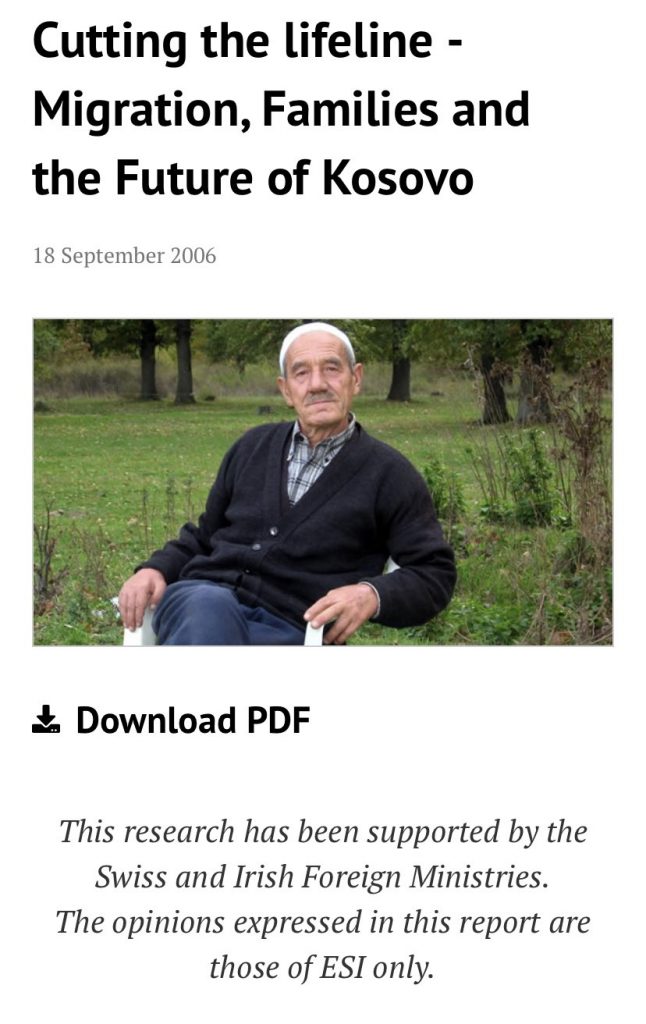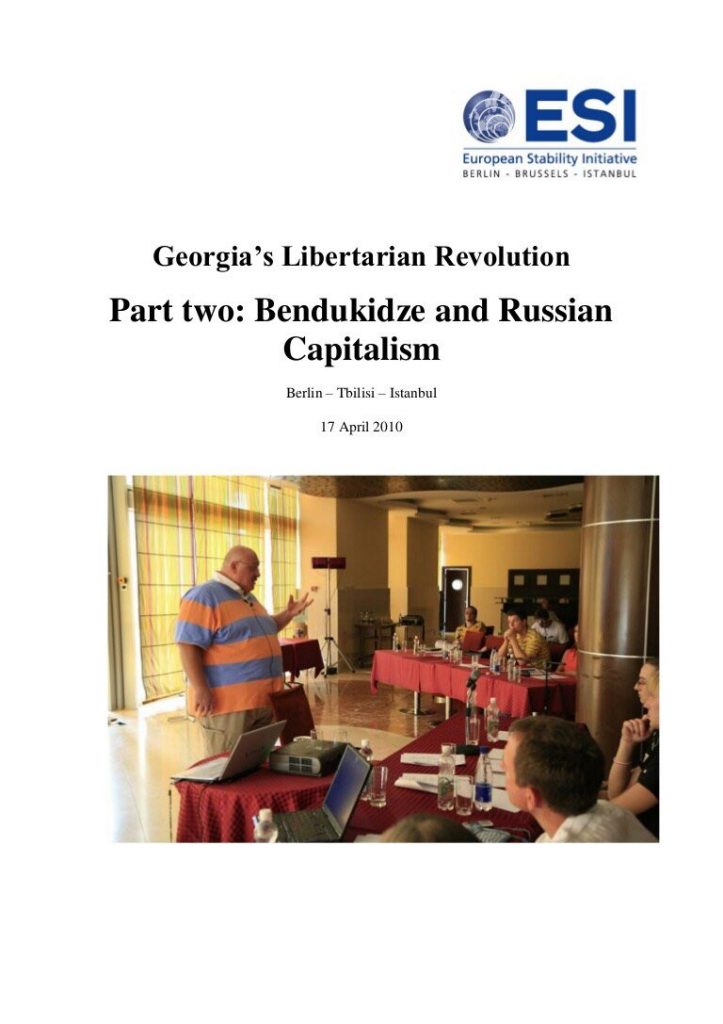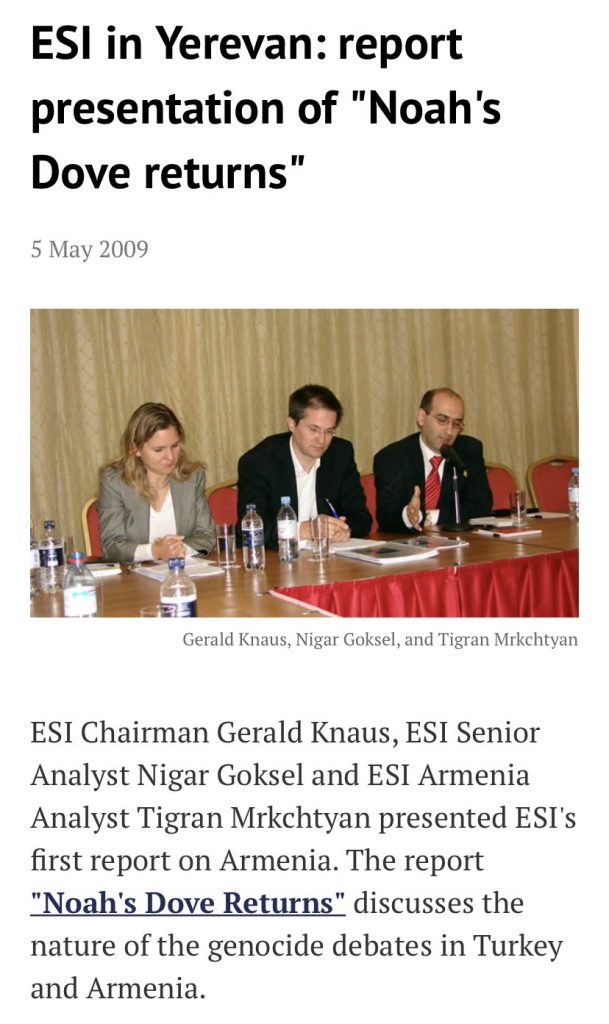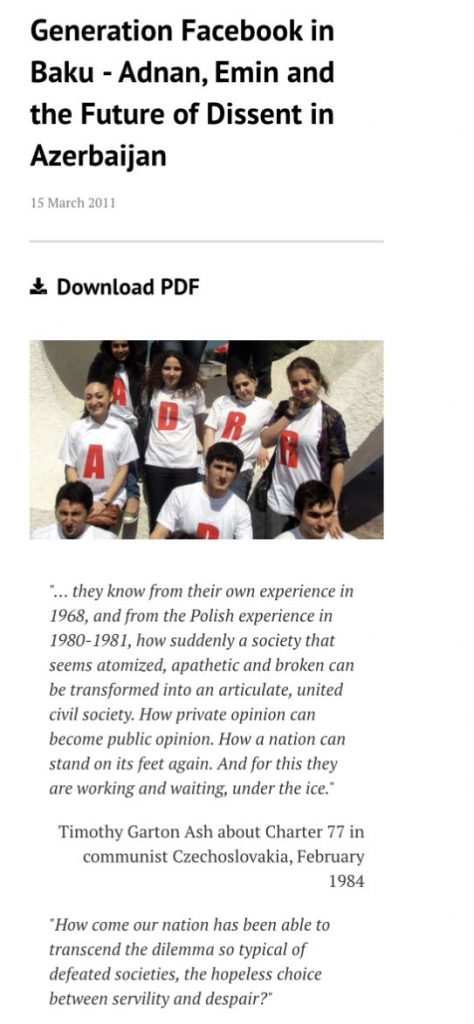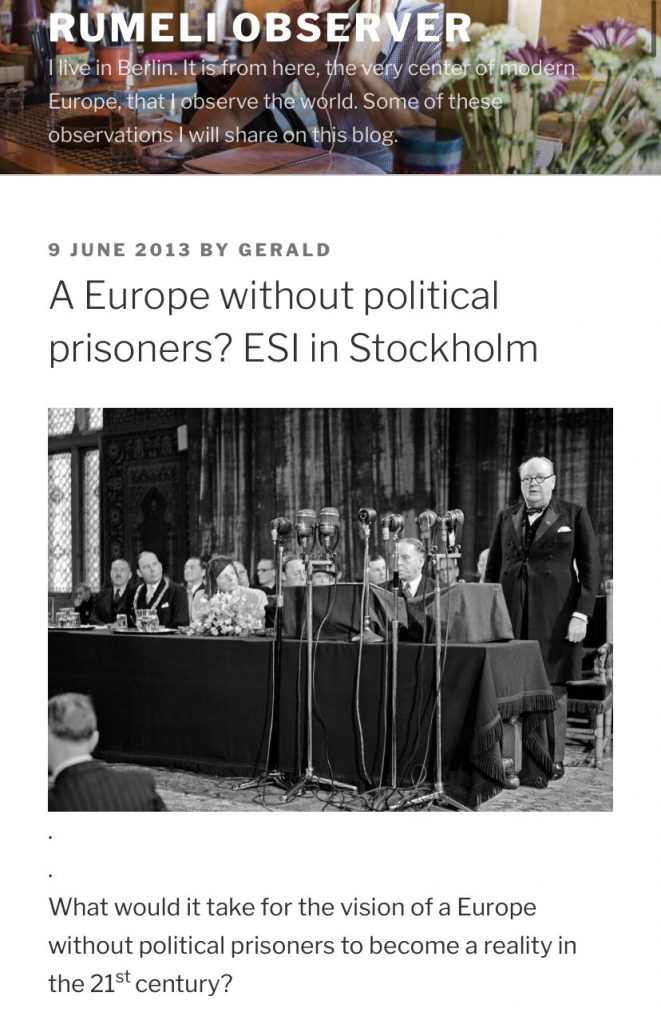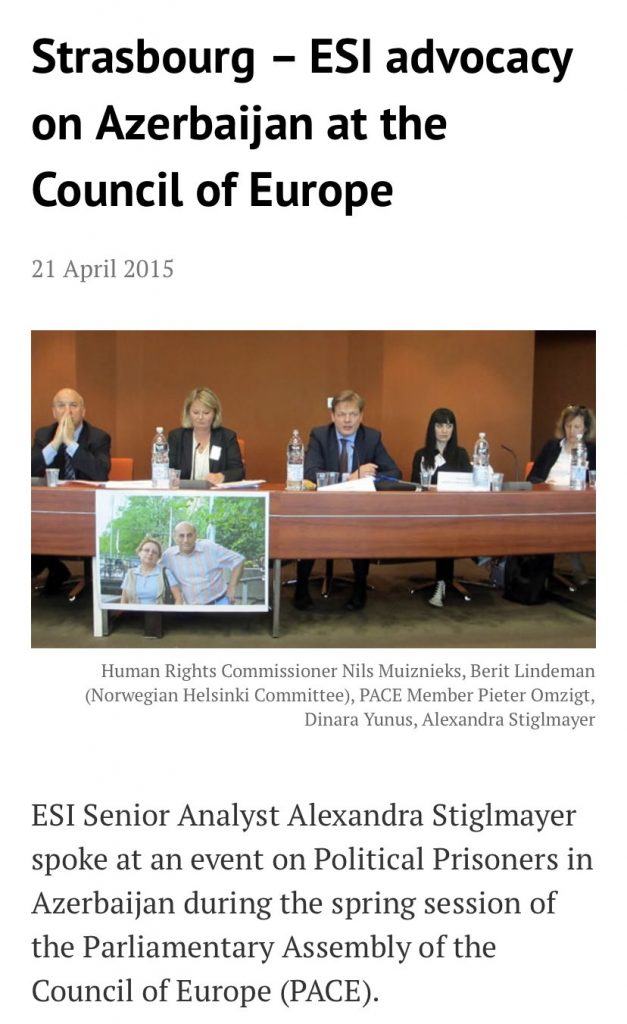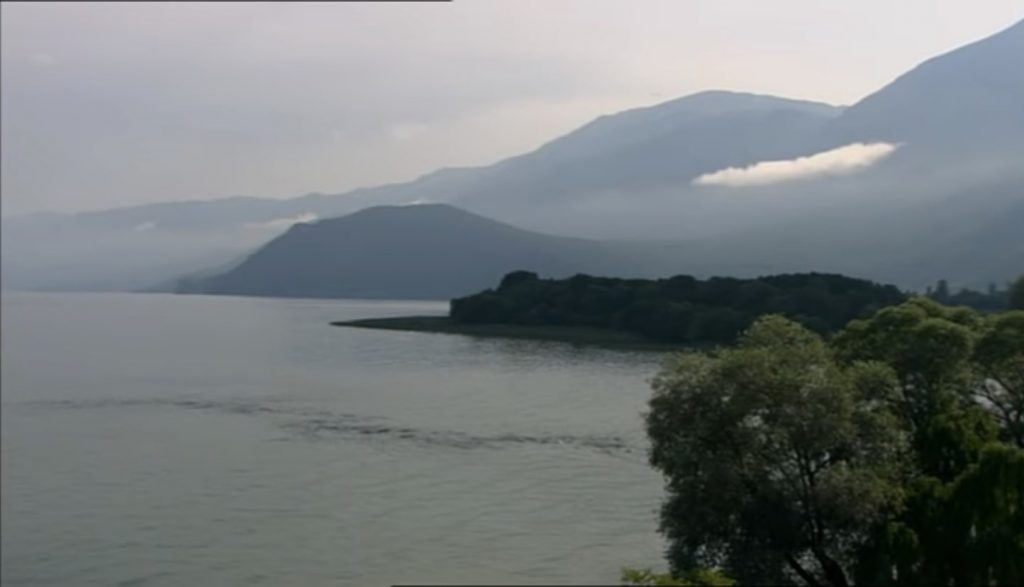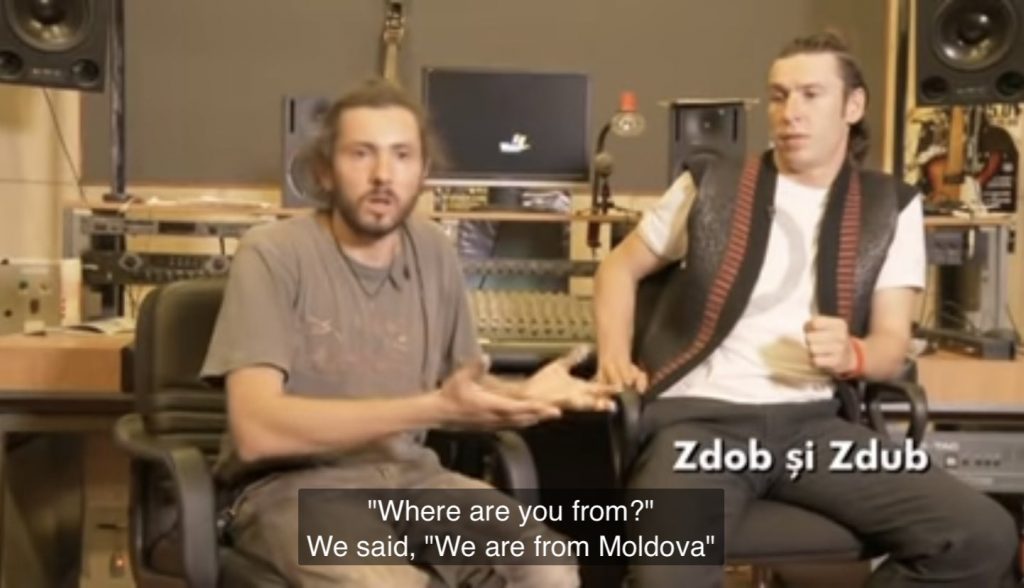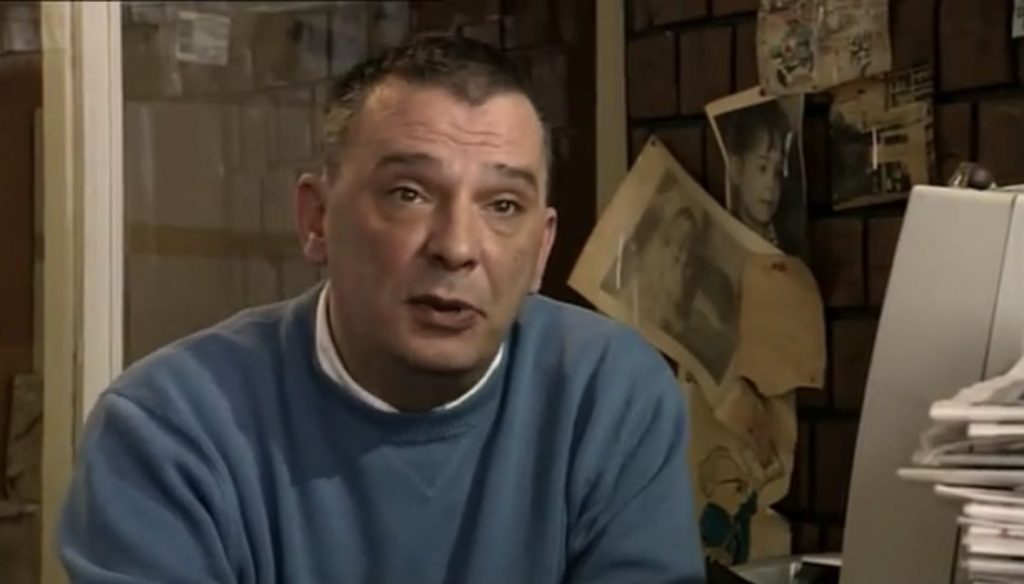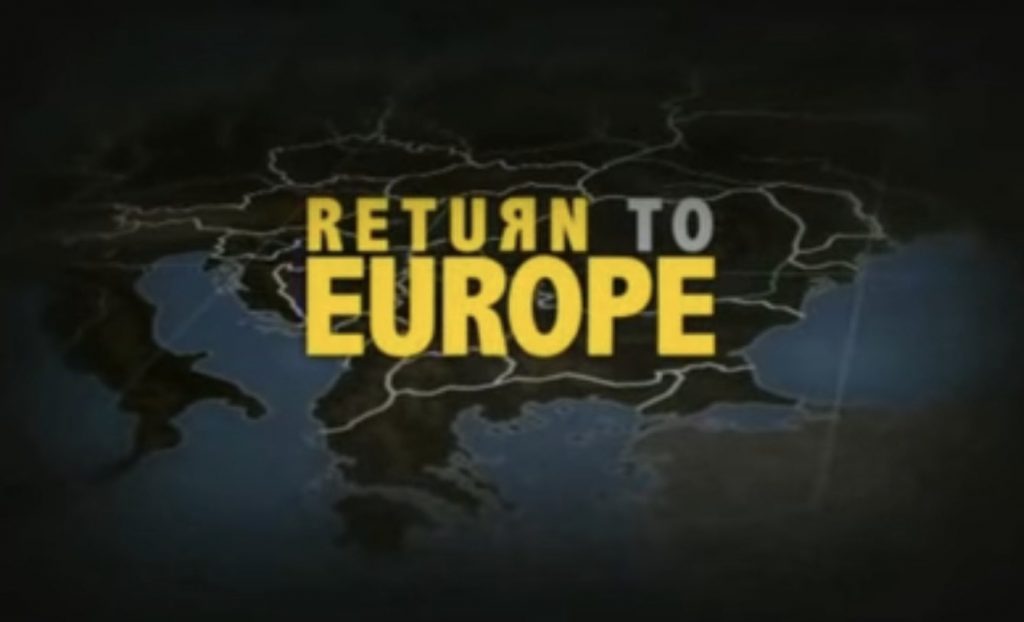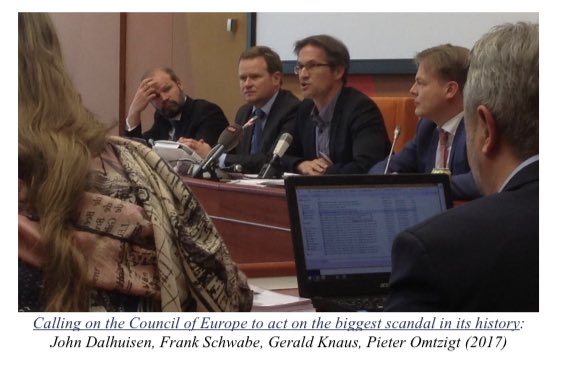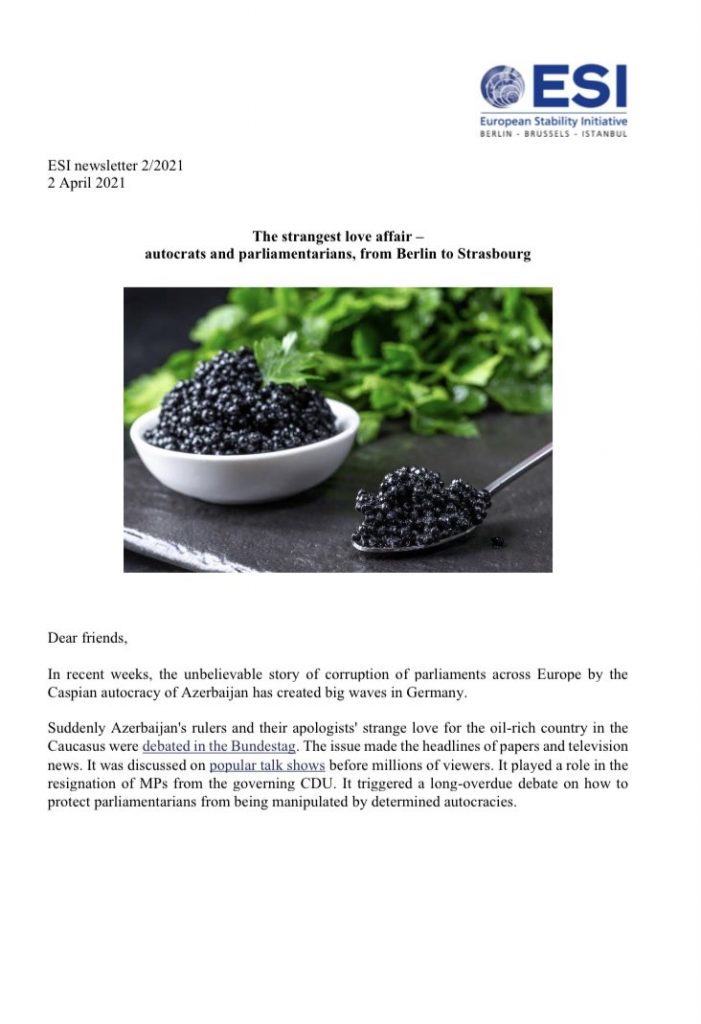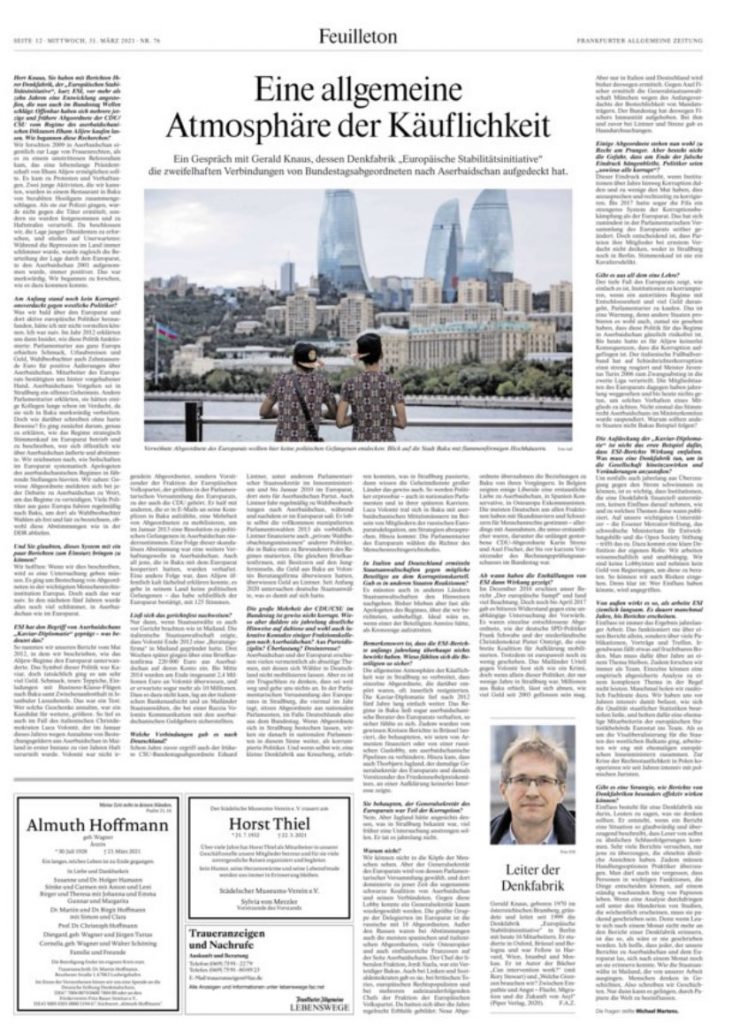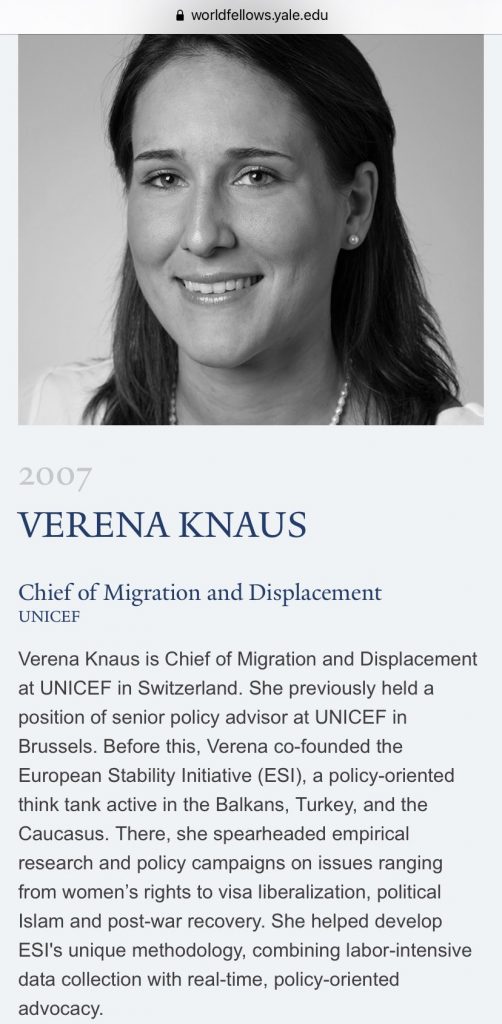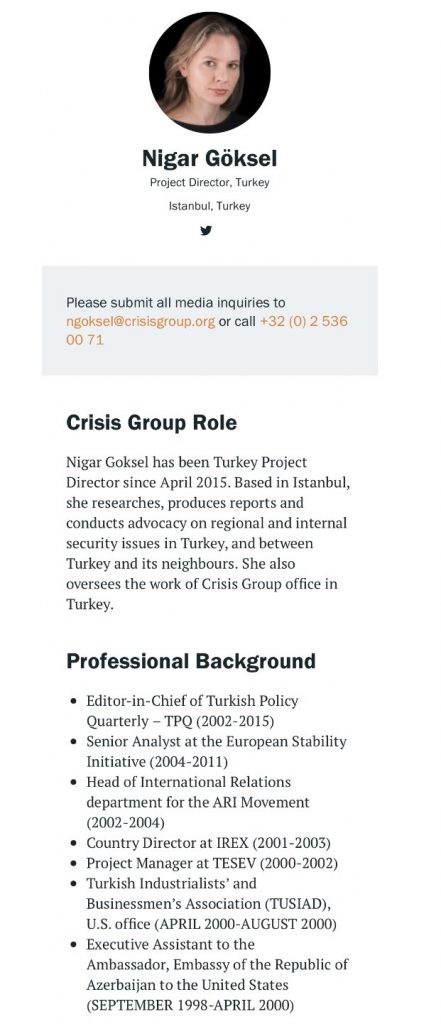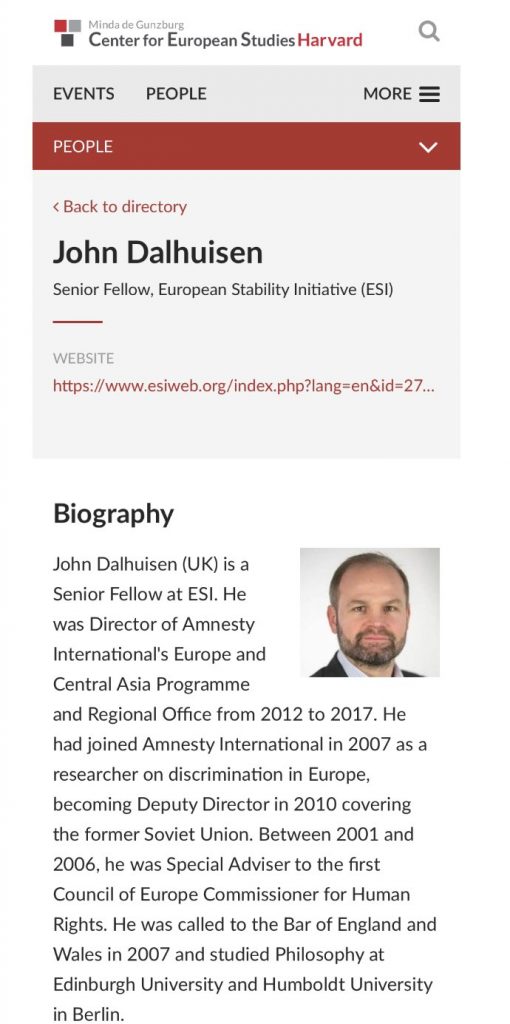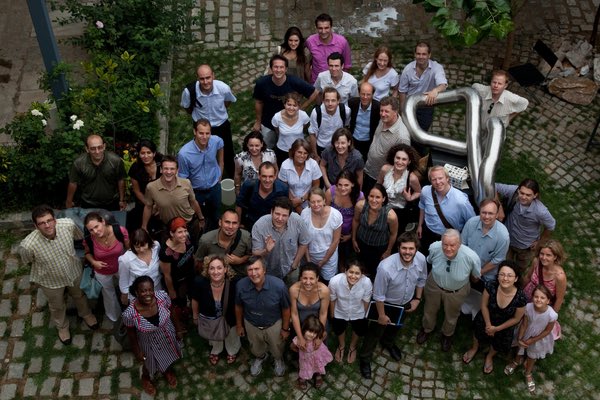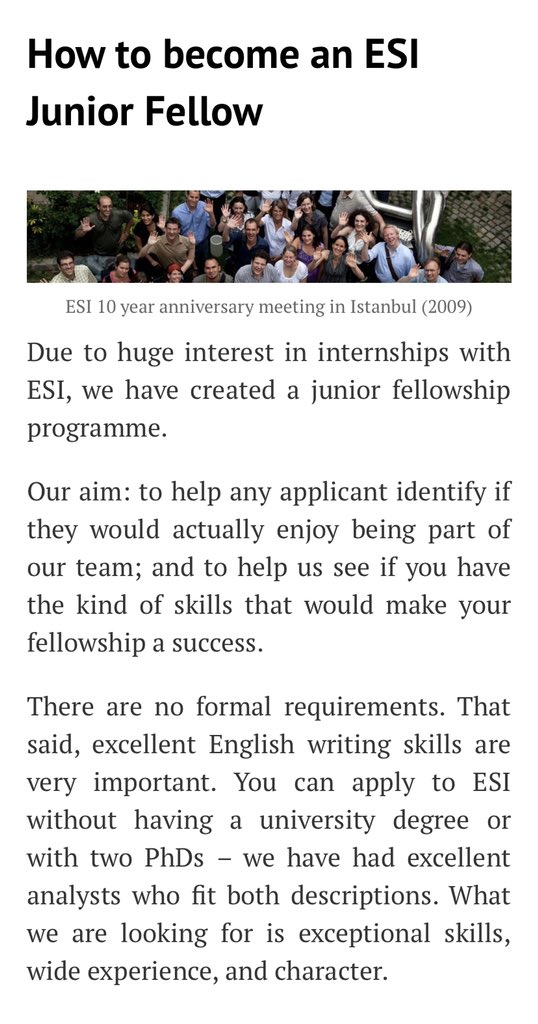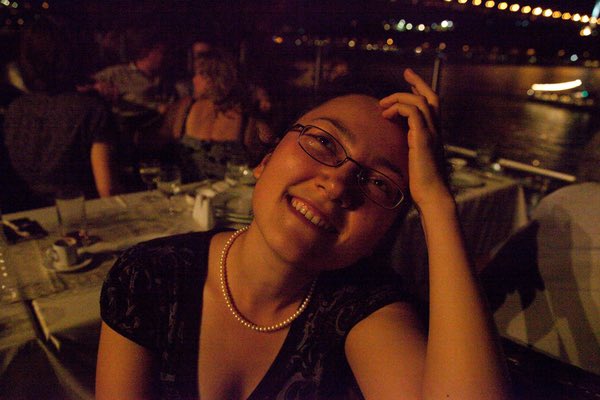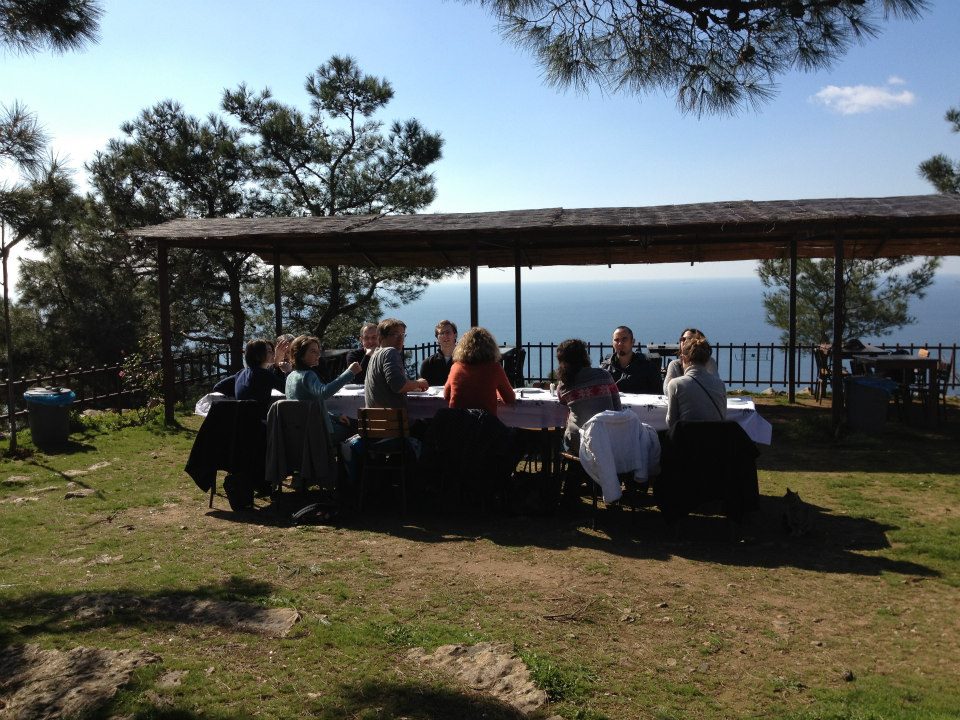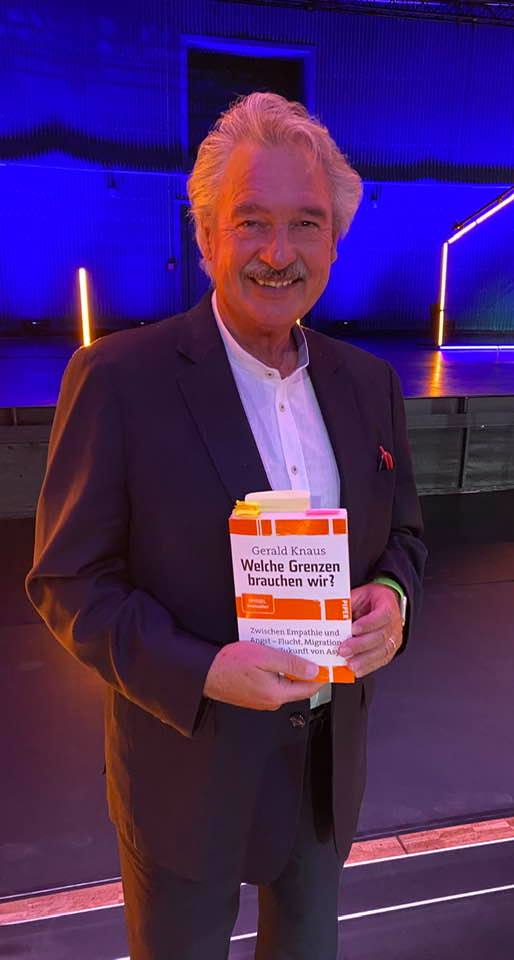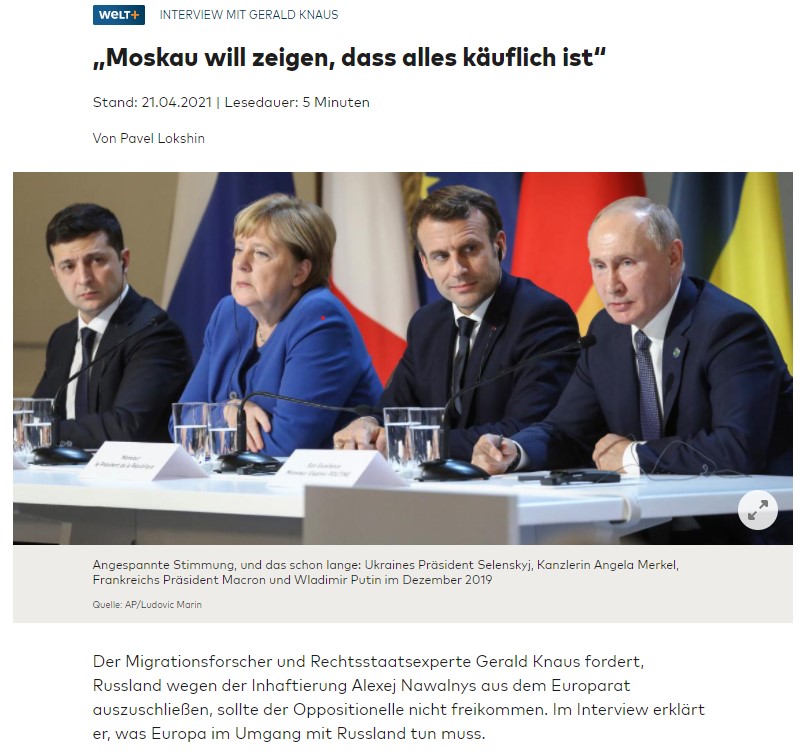ESI Newsletter 8/2021
6. August 2021
„Ein Rechtsstaat verlangt, dass auch die Hüter des Gesetzes das Gesetz befolgen… Auch der Erzbischof von London entgeht der Strafverfolgung nicht, wenn er im Londoner Zoo einen Pinguin misshandelt.“
Tom Bingham, The Rule of Law
Liebe Freunde,
Am 15. Juli fällte der Europäische Gerichtshof (EuGH) in Luxemburg ein historisches Urteil. Es verweist auf einen „strukturellen Bruch“ der polnischen Justiz,
„der es nicht mehr erlaube, den Eindruck der Unabhängigkeit und Unparteilichkeit der Justiz und das Vertrauen zu wahren, das die Gerichte in einer demokratischen Gesellschaft schaffen müssten, und jeden berechtigten Zweifel der Rechtsunterworfenen… auszuräumen.“
Der EuGH bestätigte, was viele, darunter auch ESI, beschrieben haben: das heutige Polen ist ein Experiment dafür, ob es möglich ist, in einem EU-Mitgliedsstaat ein Justizsystem ohne unabhängige Gerichte zu schaffen. Ein System, in dem Richter von der Regierung für den Inhalt ihrer Urteile belohnt oder auch bestraft werden können.
Unter derartigen Umständen ist das Recht auf ein faires Verfahren nicht mehr gewährleistet. Das Vertrauen von Gerichten anderer EU-Mitgliedstaaten, das nötig ist, um polnische Gerichtsurteile zu akzeptieren, schwindet. Wenn nationale Richter dafür bestraft werden, wie es in Polen derzeit passiert, dass sie sich an den EuGH wenden, um Orientierungshilfe bei der Anwendung von EU-Recht zu bekommen, bricht das europäische Rechtssystem zusammen.
EU-weit erkennen nationale Gerichte die Urteile von Gerichten anderer Mitgliedstaaten an und setzen diese um, ob bei Handelsstreitigkeiten, Europäischen Haftbefehlen oder beim Sorgerecht für Kinder. Dieses gegenseitige Vertrauen der Gerichte ermöglicht den „freien Verkehr gerichtlicher Entscheidungen“. Ohne solch ein Vertrauen wäre weder die Schaffung eines Binnenmarktes noch die Aufhebung der Binnengrenzen möglich gewesen. Das machte der 66-jährige Belgier Koen Lenaerts, Präsident des EuGH, Anfang 2020 klar: „Ohne richterliche Unabhängigkeit werden Rechtsmittel auf Grundlage des EU-Rechts zu einem Papiertiger.“ Der Dialog zwischen unabhängigen nationalen Gerichten und dem EuGH, so Lenaerts, ist „der Schlussstein des EU-Rechtsschutzsystems“. Und ohne Schlussstein stürzen Gebäude ein.
Bis vor kurzem ging man laut Lenaerts davon aus, dass sich Staaten durch ihren Beitritt zur EU „dazu verpflichten, die liberale Demokratie, ihre Grundrechte, sowie die Hoheit von Gesetzen, und nicht von Personen, zu verteidigen. Die jüngsten Entwicklungen zeigen, dass diese Annahme nicht einfach als selbstverständlich angesehen werden kann.”
Der Kampf um die Rechtsstaatlichkeit
Nirgendwo in der EU gab es einen vergleichbaren Zusammenbruch. Auch nicht in Ungarn, das in diesem Zusammenhang fälschlicherweise gern mit Polen in einem Atemzug genannt wird. Kein anderer Justizminister in der EU genießt annähernd so viel Macht wie Polens Zbigniew Ziobro, Architekt und größter Nutznießer des Zusammenbruchs des Rechtsstaates in seinem Land.
Ziobro erklärte am 21. Juli, die jüngsten EuGH-Urteile „sind für polnischen Behörden, die auf der Grundlage der polnischen Verfassung handeln, nicht bindend. Sich dieser Urteile zu unterwerfen wäre offenkundig rechtswidrig.“ Ziobro würde lieber den EuGH bekämpfen und europäische Verträge ignorieren als Kontrolle abzugeben. Es wäre naiv zu glauben, dass eine polnische Regierung mit ihm als Minister das Urteil des EuGH umsetzen wird.
NEU Inside the system Ziobro built
ESI Hintergrundpapier (auf Englisch)
Ebenso unvernünftig wäre die Annahme, der EuGH würde ein paar oberflächliche Änderungen oder „irgendeine Einigung“ akzeptieren, wie es der polnische Premierminister kürzlich vorschlug. Belanglose Schritte und falsche Kompromisse können das Vertrauen in die Unabhängigkeit der polnischen Gerichte nicht wiederherstellen und würden auch nicht die im Urteil genannten tiefgreifenden Probleme beseitigen.
Das höchste Gericht der Europäischen Union bereitet sich seit Jahren auf diese Machtprobe vor. In seinen wegweisenden Urteilen seit Februar 2018 hat es sein rechtliches Arsenal ausgebaut. So beschrieben zwei führende Experten, wie der EuGH „Schritt für Schritt ein neues Paket von Grundsätzen und Standards geschaffen hat, um EU-Institutionen und nationalen Gerichten dabei zu helfen, die Rechtsstaatlichkeit effektiver zu schützen.“ Das EuGH-Urteil vom 15. Juli macht deutlich, was erforderlich ist und nennt vier Kernpunkte:
Punkt 1: Die Rechtsstaatlichkeit ist ein Grundwert, der in Artikel 19 des Vertrags über die Europäische Union zum Ausdruck kommt.
„Ein Mitgliedstaat darf daher seine Rechtsvorschriften nicht dergestalt ändern, dass der Schutz des Wertes der Rechtsstaatlichkeit vermindert wird, eines Wertes, der namentlich durch Artikel 19 des Vertrags über die Europäische Union konkretisiert wird.“
Punkt 2: Unabhängige Gerichte sind von zentraler Bedeutung für den Rechtsstaat.
Die Anforderung der Unabhängigkeit der Gerichte, die dem Auftrag des Richters inhärent ist, gehört zum Wesensgehalt des Rechts auf wirksamen Rechtsschutz und des Grundrechts auf ein faires Verfahren, dem als Garant für den Schutz sämtlicher dem Einzelnen aus dem Unionsrecht erwachsender Rechte…grundlegende Bedeutung zukommt.“
Punkt 3: Regeln für Gerichte müssen jeden begründeten Zweifel an ihrer Unabhängigkeit ausräumen.
„[D]ie nach dem Unionsrecht erforderliche Gewähr für Unabhängigkeit und Unparteilichkeit [setzt] voraus, dass es Regeln insbesondere für die Zusammensetzung der Einrichtung, die Ernennung, die Amtsdauer und die Gründe für Enthaltung, Ablehnung und Abberufung ihrer Mitglieder gibt, die es ermöglichen, bei den Rechtsunterworfenen jeden berechtigten Zweifel an der Unempfänglichkeit dieser Einrichtung für äußere Faktoren und an ihrer Neutralität in Bezug auf die widerstreitenden Interessen auszuräumen.“
Punkt 4: Disziplinarsysteme dürfen NICHT dazu verwendet werden, den Inhalt von Urteilen zu beeinflussen.
„Was im Einzelnen die Vorschriften der Disziplinarordnung für Richter betrifft, so verlangt die Anforderung der Unabhängigkeit, … dass die Disziplinarordnung die erforderlichen Garantien aufweist, damit jegliche Gefahr verhindert wird, dass sie als System zur politischen Kontrolle des Inhalts justizieller Entscheidungen eingesetzt wird.“
Der EuGH stellte zudem fünf konkrete Forderungen:
Forderung 1: Gewährleistung der Unabhängigkeit der neuen Disziplinarkammer in Polen.
Forderung 2: Ende des Missbrauchs von Disziplinarverfahren zur inhaltlichen Kontrolle von Urteilen.
Forderung 3: Schaffung eines robusten und vorhersehbaren Disziplinarregimes.
Forderung 4: Ende des Missbrauchs dieses Regimes, um Richter unter Druck zu setzen, die dem Justizministerium nicht gefallen.
Forderung 5: Das Erfragen von Vorentscheidungen beim EuGH muss wieder ermöglicht werden, ohne dass Richter mit Disziplinarmaßnahmen rechnen müssen.
Der Kampf hat begonnen. Europas führende Richter haben dabei das Recht und die Geschichte der europäischen Integration auf ihrer Seite.
Warum es keine Kompromisse geben wird
Die Entschlossenheit der polnischen Regierung, die Justiz mit allen verfügbaren Mitteln unter ihre Kontrolle zu bringen, steht mittlerweile außer Zweifel. Dennoch fallen manche Beobachter noch immer auf die Verneblungsstrategie der polnischen Regierung herein. Sie ist nicht neu.
Mateusz Morawiecki, der aus der Wirtschaft in die Politik wechselte, fließend Englisch spricht und im Dezember 2017 polnischer Ministerpräsident wurde, ist ein Meister dieser Diplomatie. Er gibt vor zu verhandeln, ohne inhaltlich Zugeständnisse zu machen. Im Januar 2018 traf Morawiecki den damaligen Kommissionspräsidenten Jean Claude Juncker. Juncker erklärte daraufhin, er freue sich darauf, „bis Ende Februar Fortschritte zu machen“. Am 14. Februar 2018 wiederholte Juncker: „Ich denke, die Chancen stehen gut, dass sich die polnischen Positionen auf unsere zubewegen.“
Es gab keinen Fortschritt. Keine Fehlentwicklung wurde korrigiert. Stattdessen wurde mit Hochdruck ein neues Disziplinarsystem zur Kontrolle von Richtern und zur Untergrabung der Gewaltenteilung aufgebaut.
Am 22. März 2018 äußerte sich der polnische Ministerpräsident unverblümt: „Der Kern, die wesentlichsten Elemente der Reform, bleiben unangetastet. Gleichzeitig überlegen wir, was der anderen Seite den Eindruck vermitteln würde: Oh, mit Polen kann man einen Kompromiss finden.“ Am 3. April 2018 erklärte Juncker, er sehe die Zugeständnisse der polnischen Regierung „mit Wohlwollen“. Der polnische Staatssekretär für EU-Angelegenheiten sagte am 3. April 2018 einem deutschen Radiosender: „Die Zugeständnisse machen wir in Bereichen, die keine zentrale Rolle im Justizwesen spielen.“
Anfang Mai 2018 schrieben die Financial Times und andere internationale Medien: „Polen macht der EU neue Zugeständnisse bei Rechtsreformen.“ Man las von „Zugeständnissen“, die die polnische Regierung am 22. März vorgelegt hatte. Aber es gab keine Zugeständnisse. Selbst Außenminister Jacek Czaputowicz bestätigte das indirekt, als er am 4. Mai 2018 erklärte: „Wir zeigen Offenheit gegenüber den Forderungen der Kommission, um diesen Fall abzuschließen und uns mit wichtigeren europäischen Angelegenheiten wie dem Haushalt zu befassen.“ Und in einer Rede vom 11. November 2019 griff Präsident Andrzej Duda die (damals noch) kritischen Richter des Obersten Gerichtshofs in Polen an und erklärte: „Wir werden sie aussitzen.“
Genau das ist passiert. Als der EuGH im letzten Monat sein Urteil verkündete, ging es um
- den Nationalen Justizrat, der für die Nominierung von Richtern zuständig ist und aus 25 Personen besteht, von denen die überwiegende Mehrheit Mitglieder der Regierungspartei waren oder von ihr unter fragwürdigen Umständen ernannt worden waren; und
- ein Disziplinarsystem, bei dem der Justizminister direkt oder indirekt jede einzelne Person ernennt, die an Ermittlungen, Anklagen und Urteilen in Disziplinarverfahren gegen Richter beteiligt ist.
€ 5 Milliarden – Sanktion als beste Lösung
Verhandlungen mit der derzeitigen Regierung werden nichts ändern und sind auch nicht notwendig. Denn die EU ist nicht machtlos und die Verträge selbst bieten einen Ausweg.
Am 20. Juli setzte Vera Jourova, Vizepräsidentin der Europäischen Kommission und fest entschlossen, das EuGH-Urteil umgesetzt zu sehen, eine Frist,: „Wir werden finanzielle Sanktionen beantragen, wenn Polen bis zum 16. August die Mängel nicht behebt. Die Rechte von EU-Bürgern und Unternehmen müssen in allen Mitgliedstaaten in gleicher Weise geschützt werden. Da kann es keine Kompromisse geben.“
Die Möglichkeit, finanzielle Sanktionen zu verhängen, wenn EuGH-Urteile nicht umgesetzt werden, besteht seit 1993. Der EuGH verhängte solche Sanktionen insgesamt 37 Mal. Laut EU-Recht kann die Kommission eine finanzielle Strafe in jeder Höhe vorschlagen. Der EuGH hat das Recht, eine entsprechende Geldbuße festzulegen, und zwar in jeder Höhe, die er für angemessen hält. Festgelegt auf Grundlage einer von der Kommission im Jahr 2005 entwickelten Formel, fiel die Höhe dieser Sanktionen bislang üblicherweise bescheiden aus. Aber diese Formel ist nicht bindend. Außerdem legt der EU-Vertrag keine Obergrenze fest. In den Leitlinien der Kommission heißt es, maßgebend für die Höhe der Sanktionen sei „die erforderliche Abschreckungswirkung, um einen erneuten Verstoß zu verhindern.“ Sie sieht außergewöhnliche Geldbußen vor, „wenn dies in Einzelfällen berechtigt erscheint und ausführlich begründet wird.“
NEU How infringement penalties are set – the case for 5 billion
ESI-Hintergrundpapier (in Englisch)
Noch nie gab es einen Vertragsverletzungsfall, der für das Rechtssystem der EU und für den Fortbestand der Rechtsstaatlichkeit von vergleichbarer Bedeutung war. Das rechtfertigt auch eine in der Geschichte der EU noch nie dagewesene Strafe. Die Kommission und der EuGH könnten sich dabei auf ein Artikel 19-Prinzip stützen:
Wann immer der EuGH feststellt, dass ein Mitgliedstaat das in Artikel 19 des EU-Vertrags garantierte Recht auf „wirksamen Rechtsschutz“ durch nationale Gerichte verletzt und den Mangel nicht behebt, wird eine jährliche Geldstrafe in der Höhe von mindestens 1 Prozent seines BIP verhängt.
Im Fall Polen mit einem BIP von rund € 520 Mrd. entspräche dies einer Geldstrafe von rund € 5,2 Mrd. pro Jahr. Die Kommission sollte einen entsprechenden Vorschlag machen, und der EuGH diese Geldstrafe dann verhängen: Alle zwei Monate eine Geldbuße von € 880 Millionen, bis die polnische Regierung das Urteil vom 15. Juli umsetzt. Verpflichtet sich die polnische Regierung, das Urteil vor dem 16. August vollständig umzusetzen und die Repression gegen Richtr einzustellen, würde es keine finanziellen Sanktionen geben.
Ein Wendepunkt für Europa
Das ist eine große Chance für Polen und die EU. Eine Umsetzung des EuGH-Urteils vom 15. Juli würde die Wahrscheinlichkeit eines legalen Polexit minimieren und das Vertrauen in polnische Gerichte in der gesamten EU wiederherstellen.
Die Durchsetzung des Artikels 19-Prinzips würde das EU-Rechtssystem für die Zukunft stärken. Kein EU-Mitgliedstaat sollte je wieder versuchen, die Unabhängigkeit seiner Gerichte zu beinträchtigen oder gar zu zerstören, oder Urteile des EuGHs zu derart grundlegenden Fragen zu ignorieren. Es wäre ein positiver Wendepunkt in der Geschichte der EU. So beschrieb es Koen Lenaerts Anfang 2020:
„Heute stehen die Europäer vor einem entscheidenden Moment in der Geschichte der Integration … der Grundsatz der Unabhängigkeit der Justiz muss gewahrt werden, damit die EU eine ‚Union der Demokratien‘, eine ‚Union der Rechte‘ und eine ‚Union der Justiz‘ bleibt. Wenn die nächste Generation von Europäern neue Horizonte für eine immer engere Union erschließen soll, in der Bürger weiterhin eine Sphäre individueller Freiheit, ohne öffentliche Einmischung, genießen können, dann ist die Integration durch Rechtsstaatlichkeit der einzige Weg nach vorne.“
Mit besten Grüßen,
Gerald Knaus
Twitter: @rumeliobserver
Weiterführende Literatur
“Der Gerichtshof der Europäischen Union umfasst den Gerichtshof, das Gericht und Fachgerichte. Er sichert die Wahrung des Rechts bei der Auslegung und Anwendung der Verträge.
Die Mitgliedstaaten schaffen die erforderlichen Rechtsbehelfe, damit ein wirksamer Rechtsschutz in den vom Unionsrecht erfassten Bereichen gewährleistet ist.”
Lesenswert: Das Urteil des EuGH über Polen vom 15. Juli 2021
Ein überzeugender Aufsatz von Koen Lenaerts darüber, was auf dem Spiel steht: New Horizons for the Rule of Law within the EU (2020)
Hier finden Sie einen hervorragenden Überblick über die letzten Entwicklungen, von den führenden Expertent Laurent Pech und Dimitry Kochenov: Respect for the Rule of Law in the Case Law of the European Court of Justice: A Casebook Overview, Mai 2021
Auch lesenswert: Laurent Pech, Patryk Wachowiec und Dariusz Mazur: Poland’s Rule of Law Breakdown: A Five-Year Assessment of EU’s (In)Action, 2021
Ein Must-Read -Klassiker: Tom Bingham, The Rule of Law, 2011
NEU: ESI Inside the system Ziobro built (August 2021)
NEU: ESI How infringement penalties are set – the case for 5 billion (August 2021)
ESI und Batory: On the breakdown of the legal system in Poland (Mai 2018)
Reaktionen auf das Werben von ESI- und Batory dafür, Polen beim EuGH zu verklagen
ESI Brainstorming zur Rechtsstaatlichkeit in Polen, November 2019
ESI und Batory: On the need to take the Polish disciplinary regime to the ECJ. (März 2019)
ESI: On the need to confront the illiberal system Ziobro built (Dezember 2019)
Gerald Knaus in Der Spiegel „Diesmal geht es um alles“ – über Rechtsstaatlichkeit in Polen (Juli 2021)
Gerald Knaus in Der Spiegel über EU-Gelder und die Krise der Gerichte in Polen (April 2020)
Gerald Knaus in Die Welt zu Polen „Eine Entwicklung viel gefährlicher als der Brexit“ (Oktober 2020)
NEU: ESI 70 years refugee convention – what now? (Juli 2021)
NEU: Rumeli Observer: 22 years of ESI – looking back (Juli 2021)
NEU Rumeli Observer: Gerald Knaus and Jean Asselborn on refugees and EU borders (Juli 2021)
NEU Diskussion zu Azerbaijan und Korruption, mit dem deutschen Parlamentarier Frank Schwabe (Juli 2021)

